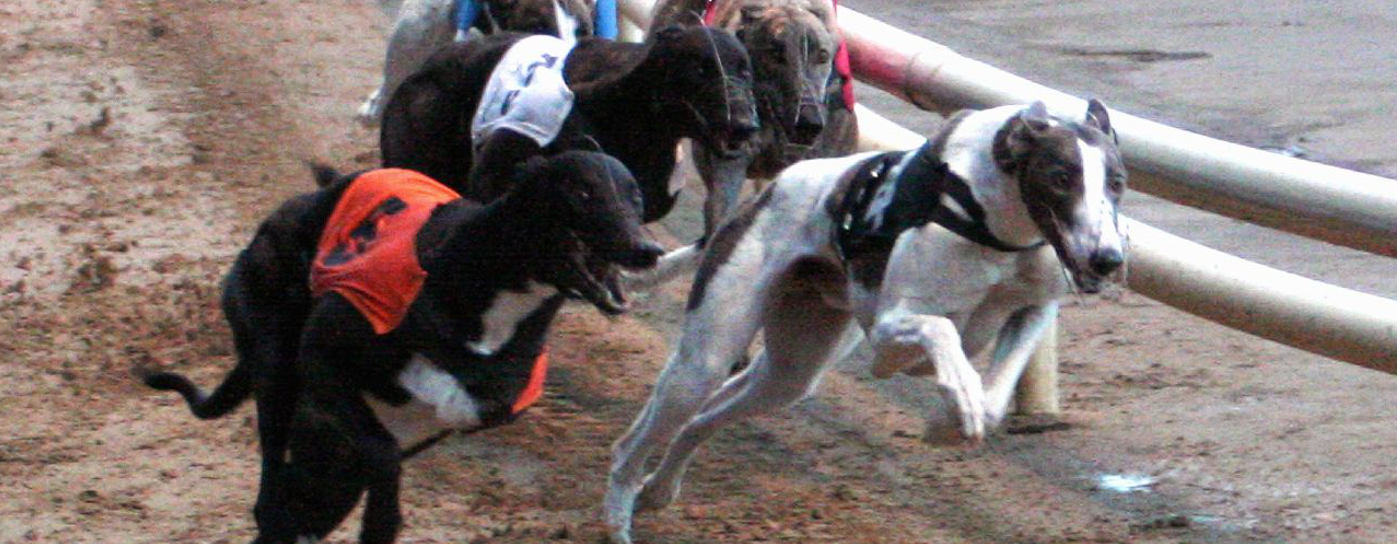
Who will stop the Gambling Act review being a farce? This is a massive question.
It was decided that the review should be wide ranging. This was a good decision.
Then it was decided that the DCMS should solely lead the review, which is a strange one when gambling impinges on many other government departments, e.g. health, tax & education. To be fair this decision does put pressure on both the DCMS and the Gambling Commission (GC) to get the decisions right.
Around 11 months before the announcement of the Gambling Act review the gambling industry setup a new industry group in preparation for what the industry knew was coming. Sadly, the ‘Betting and Gaming Council’ (BGC) is already acting like a reputation management company, e.g. if you say the same small number of things again and again, however flimsy the evidence for those things, eventually these statements become ‘fact’. After the last week we all know where that got America.
In a previous blog J4P provided numerous references as to why some of the limited mantra by the BGC isn’t evidence based, so it’s a bit rich when they continually keep blaming others for not following evidence: https://justiceforpunters.org/campaigning/that-was-the-week-that-was/ J4P welcomes being challenged on any of this evidence and its interpretation in this previous blog. That is how evidence led work should be. Shutting down conversation and a lack of transparency isn’t anything to do with ‘evidence led’.
The GC’s present consultation entitled, ‘Remote customer interaction – Consultation and Call for Evidence’ is also very important. It has already been labelled as an ‘affordability consultation’ by some, which is classic of what this blog is about, e.g. misrepresentation and lies. The consultation isn’t just about affordability, but who’s bothered, it sounds good.
Some will feel there’s a decent argument that affordability checks could still be rare moving forward if the gambling companies improved their customer interaction processes to reflect what the vast majority of the UK population would deem acceptable. In J4P’s opinion any further moves in this direction would need supporting by rapid and financially damaging penalties for breaches of any new rules. At present UK regulation places few precise demands on the quality of customer interaction and neither does the regulator act quick enough or punish harshly enough for breaches of their licensing codes and conditions. J4P’s extensive experience is that gambling company customer interactions are usually profit driven, whereas safety reasons come a poor second. Even in 2020 this was irrefutable, based on customer subject access request EVIDENCE. The gambling industry knows this, after all it is EVIDENCE provided by gambling companies themselves. The BGC also likely knows this, but understandably both parties are reluctant to admit it.
Thankfully, it would seem that some gambling customers are showing an interest in the Gambling Act review and the GC’s present consultation. Nevertheless, it’s a decent guess that many of those submissions will lack the detail of those from the gambling companies, their lobbyists and some well prepared organisations that, quite rightly, wish to see major changes in how gambling is regulated and marketed in the UK. Regular gamblers, punters, bettors, whichever term you wish to use are none too keen on gathering together as a group and this may come to ‘bite them’ in 2021-2 if individual submissions don’t have any effect on the outcomes of the GC consultation and the Gambling Act review.
Whatever happens and this blog is mainly a series of guesses, we all have to hope that in the next couple of years the UK moves towards an economically viable, fairer and safer gambling market. UK licensed gambling companies dictate the UK gambling market and many do extremely well financially, but the present UK market is economically flawed, unfair and unsafe. The market being economically flawed is why gambling companies have to exclude all skilled bettors whilst maximising losses from a few customers, some of whom are vulnerable. A gambling industry can’t survive without these unfair and unsafe practices when its margins for online sports betting, especially horse racing are often very small and made worse by frequent free promotions. The economic needs of this market also include ‘pushing’ poor value gambling products and worse still pushing forms of gambling known to be more addictive, e.g. online slots and other casino type games.
If you don’t understand the previous paragraph you have the wrong qualifications and experience to be making any decisions as part of the Gambling Act review and the GC’s ‘Remote customer interaction – Consultation and Call for Evidence’. J4P hopes that those who do have an understanding will have a major influence on the outcomes, but suspects that those being paid highly to misrepresent evidence will have the greatest influence. The UK will have missed a great opportunity if this occurs. It’s rare for these opportunities to come along and J4P congratulates all those who’ve made it possible, but please don’t waste it due to lies and a lack of transparency. Always reflect on why somebody or some organisation is saying what they are and never forget the present UK gambling market is economically flawed, unfair and unsafe.
J4P politely asks the GC and the DCMS to be careful, to always challenge the loudest voices, to take note of those where the influence of money is nil or small, to take your time and then the primary objectives of gambling regulation are more likely to be achieved. If both organisations do this, the UK can look forward to a gambling market that better protects vulnerable people and allows the tiny number of people who may win to ‘get a fair go’, e.g. a sports bet with a liability guaranteed up to a certain amount.








